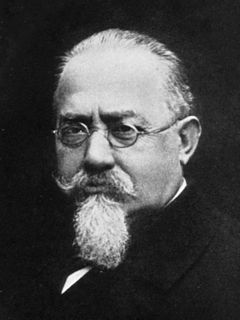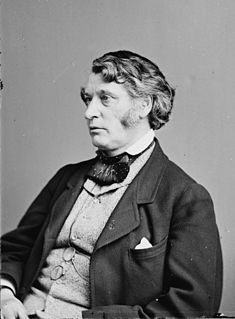A Quote by Cesare Lombroso
The appearance of a single great genius is more than equivalent to the birth of a hundred mediocrities.
Quote Topics
Related Quotes
Humanity has made a great error in seizing on a certain moment, no more intrinsically notable than any other moment and has called it Birth. The habit of honoring one single instant of the universal process to the disadvantage of other instants has done more, perhaps, than anything to obfuscate the crystal clearness of the fundamental flux.
No man is brave that has never walked a hundred miles. If you want to know the truth of who you are, walk until not a person knows your name. Travel is the great leveler, the great teacher, bitter as medicine, crueler than mirror-glass. A long stretch of road will teach you more about yourself than a hundred years of quiet introspection.
While we cannot describe its appearance (the equivalent), we can define its function. When a photograph functions as an Equivalent we can say that at that moment, and for that person the photograph acts as a symbol or plays the role of a metaphor for something that is beyond the subject photographed.
The seventh factor of the basic ingredients of genius, as determined from an extensive analysis of the lives of outstanding men of this nation, is *the habit of going the extra mile.* You will never be a genius unless you make it a habit to do more and better than you are paid to do, every single day of your life.
We inherit every one of our genes, but we leave the womb without a single microbe. As we pass through our mother's birth canal, we begin to attract entire colonies of bacteria. By the time a child can crawl, he has been blanketed by an enormous, unseen cloud of microorganisms - a hundred trillion or more.




































